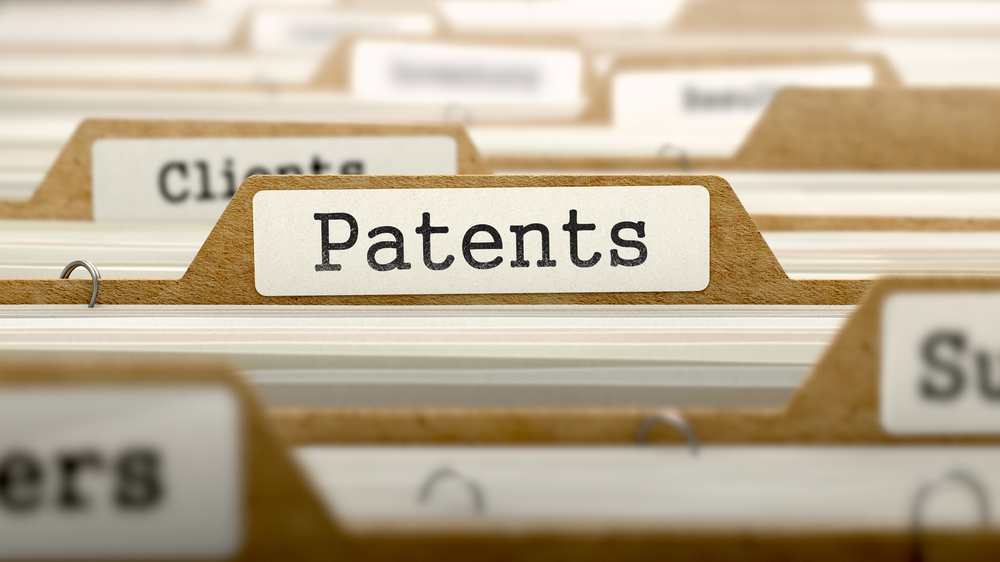GW Pharmaceuticals Receives Notices of Allowance for 5 Epidiolex Patent Applications

GW Pharmaceuticals announced that it recently received allowance notices from the U.S. Patent and Trademark Office (USPTO) for five new patent applications for Epidiolex (cannabidiol). Three of these applications specifically focus on methods to reduce the frequency of seizures in patients with a form of Dravet syndrome.
Notices of allowance from the patent agency indicate that an application has successfully passed the allowed period of opposition after being publicly published. It is one step further in the process of receiving a patent.
Epidiolex is 98 percent cannabidiol (CBD), along with trace amounts of other cannabinoids and zero tetrahydrocannabinol (THC), the principal psychoactive component of cannabis.
Along with its U.S. subsidiary, Greenwich Biosciences, GW Pharmaceuticals is advancing an orphan drug program in the field of childhood-onset epilepsy with a focus on Epidiolex, for which regulatory applications in the U.S. and Europe already have been submitted for the adjunctive treatment of Dravet syndrome and others.
GW also has used the promising results from four Phase 3 pivotal clinical trials to support a new drug application for Epidiolex, which recently received priority review from the U.S. Food and Drug Administration (FDA).
One of the five patents would protect a method of reducing seizure frequency in patients with treatment-resistant childhood-onset forms of epilepsy from Lennox-Gastaut syndrome or Dravet syndrome. The method is indicated for patients who have been previously treated with Onfi (clobazan).
The four remaining patent applications involve two methods of reducing seizure frequency and convulsive seizure frequency in Lennox-Gastaut syndrome, and two methods of reducing seizure frequency and convulsive seizure frequency in Dravet syndrome.
The five new Epidiolex patent applications will be listed in the approved drug products with therapeutic equivalence evaluations, also known as the Orange Book, if the FDA approves Epidiolex’s new drug application. If issued, the patents would expire in 2035, although modifications would be allowed.
“The allowance of these important patent applications confirms GW’s innovative science and leadership in developing cannabinoid-based medicines and provides meaningful additional exclusivity for Epidiolex,” Justin Gover, GW’s chief executive officer, said in a press release. “We have numerous additional patent applications under prosecution at the USPTO and will continue to work to expand our patent portfolio as we innovate and develop new Epidiolex formulations and additional products.”
The FDA has set a date of June 27 to decide on Epidiolex’s new chemical entity exclusivity and orphan drug exclusivity in the United States.
Epidiolex has previously received orphan drug status for seizures associated with Dravet syndrome, Lennox-Gastaut syndrome, tuberous sclerosis complex, and infantile spasms.






